McCoy Tyner is unquestionably one of the most influential jazz pianists to date, with one of the most clearly recognizable sounds. But McCoy’s sound changed drastically – arguably more than any other jazz musician – as he evolved from a mainstream hard-bop player to an innovative post-bop player who defined a new approach to improvisation using pentatonics and quartal harmony.
We will get a glimpse of “Early McCoy” from his 1963 trio recording of “Have You Met Miss Jones” followed by his later 1998 trio performance of “Have You Met Miss Jones” Live at the Newport Jazz Festival. Follow along with the videos and transcriptions, as we examine how McCoy Tyner’s playing style evolved:
A) Early McCoy: “Have You Met Miss Jones” (1963, McCoy Tyner Trio “Reaching Fourth”)
In his 1963 take of “Have You Met Miss Jones” Early McCoy’s solo consists of mostly single-note bebop lines in his RH with standard LH voicings. His improvisation contains enclosures, chromaticism, bebop vocabulary, and other elements of a standard bebop player.
B) Late McCoy: “Have You Met Miss Jones” (1998, McCoy Tyner Trio “Live at Newport”)
In his 1998 take, Late McCoy’s solo consists of all the elements we know and love that made him an innovator in this music. The low 5ths “power chords” in his LH, the “quartal” 4th voicings, modal planing, and superimposing pentatonics and upper-structure triads to slide in and out of the harmony.
It’s also interesting to note how he has the band supporting him in the two recordings. In his early take, Roy Hanes (drums) is playing brushes throughout; whereas in his late take, Aaron Scott (drums) is playing sticks. Sticks produce a heavier, driving sound and call for more angular playing. On the other hand, brushes call for lighter playing and slicker lines.
One similarity in McCoy’s early and late playing is the dethatched, staccato quality of his right-hand lines. However there are many differences to note, improvisationally and stylistically, in the evolution of one of the masters of jazz piano.
Bijan Taghavi is a pianist, composer, and educator currently based in New York, NY. For more information visit: BijanJazz.com


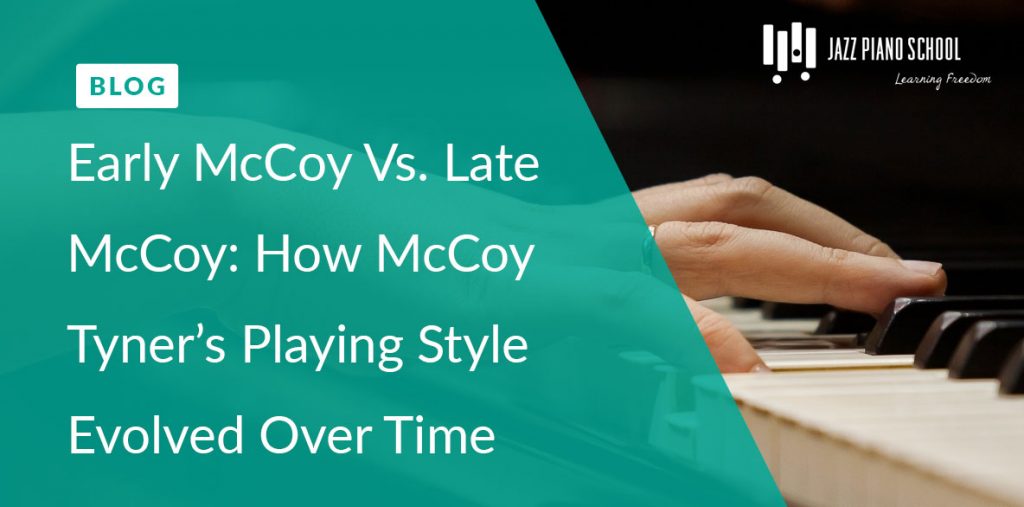

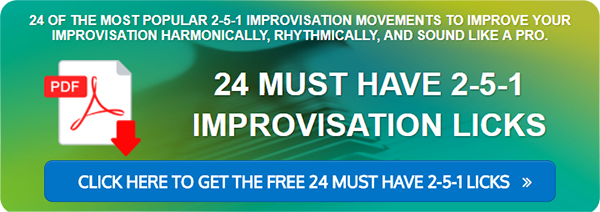

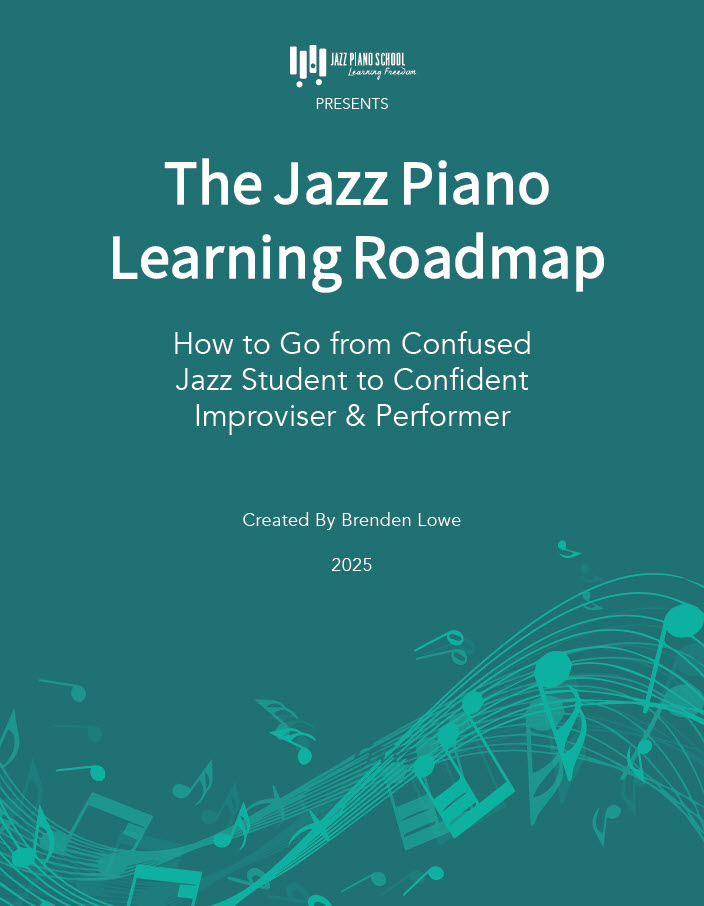
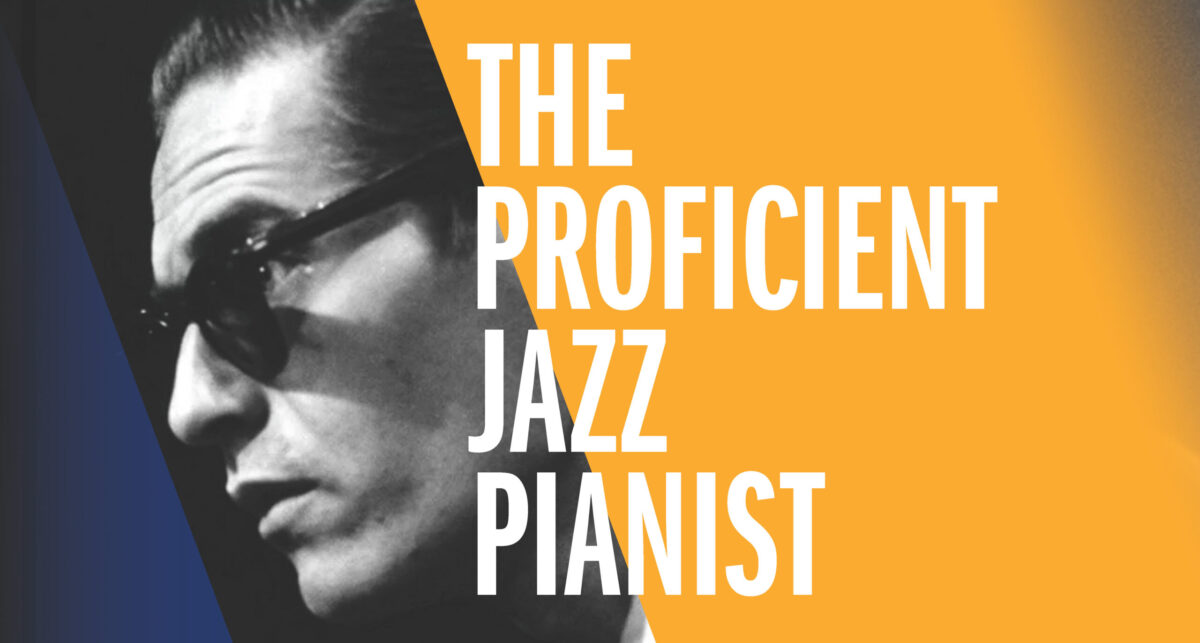
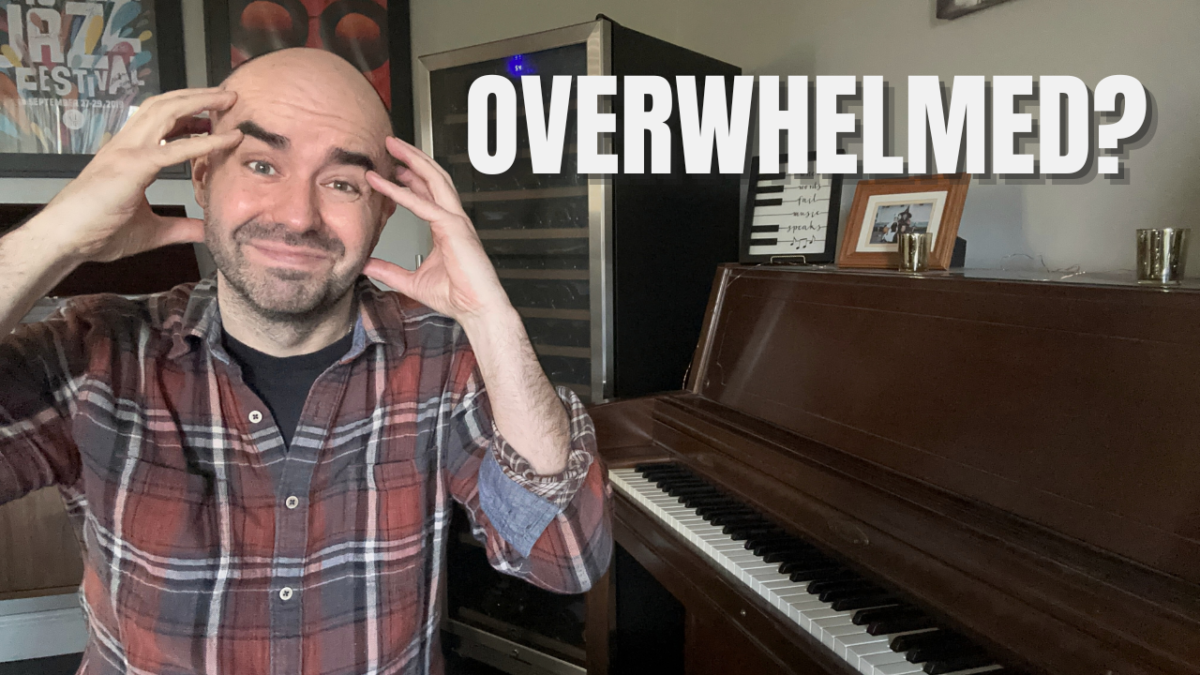
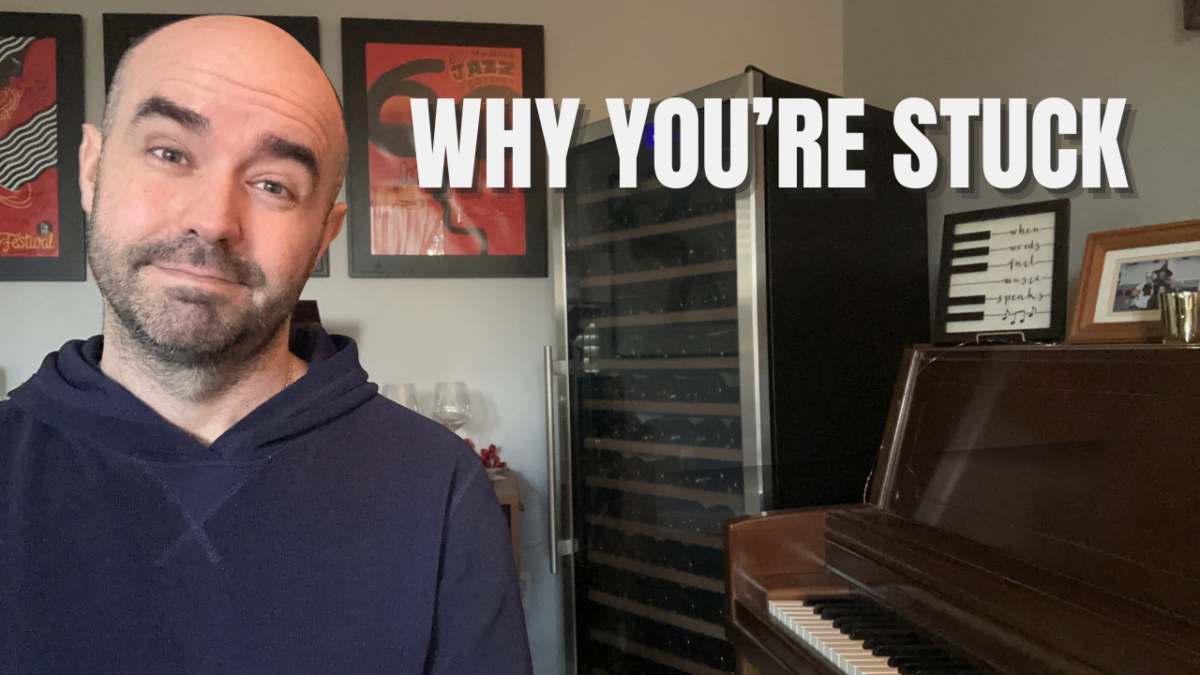
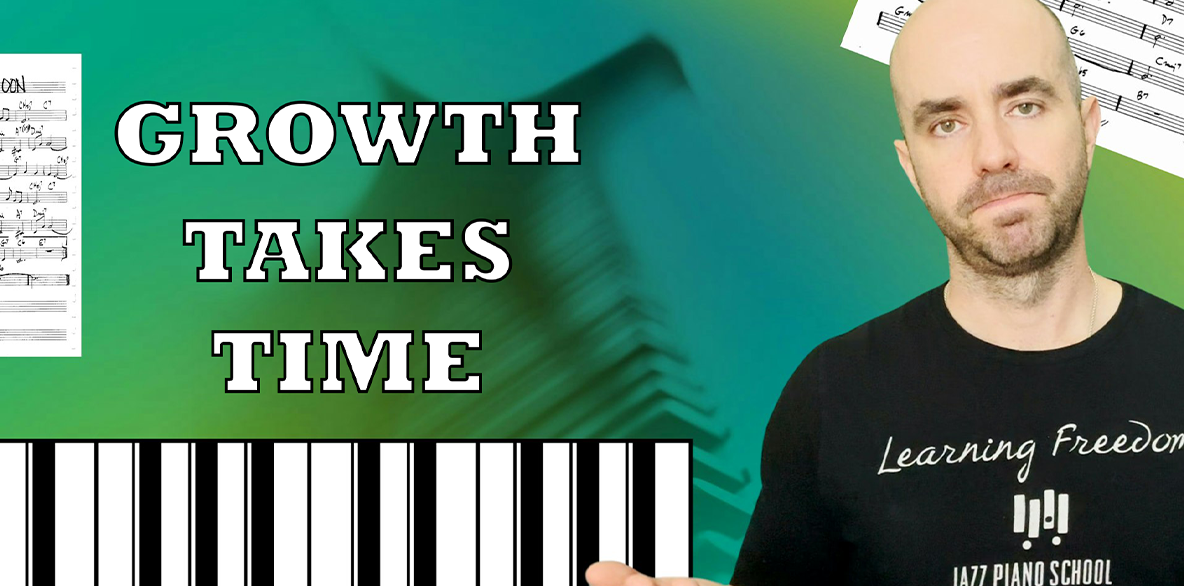

4 Responses
First of all, i’m 75 years young. I grew up watching McCoy play with Coltrane in the sixties, and saw McCoy with Gary Bartz and John Blake in the late Eighties at Peps and Show Boat in Philly. I taught myself how to play sax and since i’m so mediocre at that i’m now teaching myself how to play piano. I like four chord voicing, Ken Hewitt on utube has nice lessons on them playing summertime. I like the way you teach but i’m just having fun, don’t have time to learn all of this and all of that, just working on a few things and that,s cool. Take care.
Thanks for the comment Gerald! That’s fantastic. Glad to hear you’re working at all of this. Sounds like you’re getting in the thick of it. Again thanks for posting your thoughts!
Brendan, you said you would start doing stuff like this and dad gum, you did it! Keep in mind though that McCoy’s first album ‘Inception’ featured Elvin Jones w plenty of stick playing. Later in his career bass electronics improved and everything got louder. I much prefer the early phase and his original version of ‘Miss Jones’ from ‘Reaching Forth” might be his greatest solo ever! .>Can’t believe you transcribed it! Would love to see some Herbie too, particularly that half Nelson solo thats on YouTube … Thanks for your brilliant efforts!
Took us long enough! Thanks for all your support Charles as always 🙂 And thank you for the feedback! I’ll keep this in mind for the future. I love all the ideas. It’s extremely helpful for the content. Hope all is well!